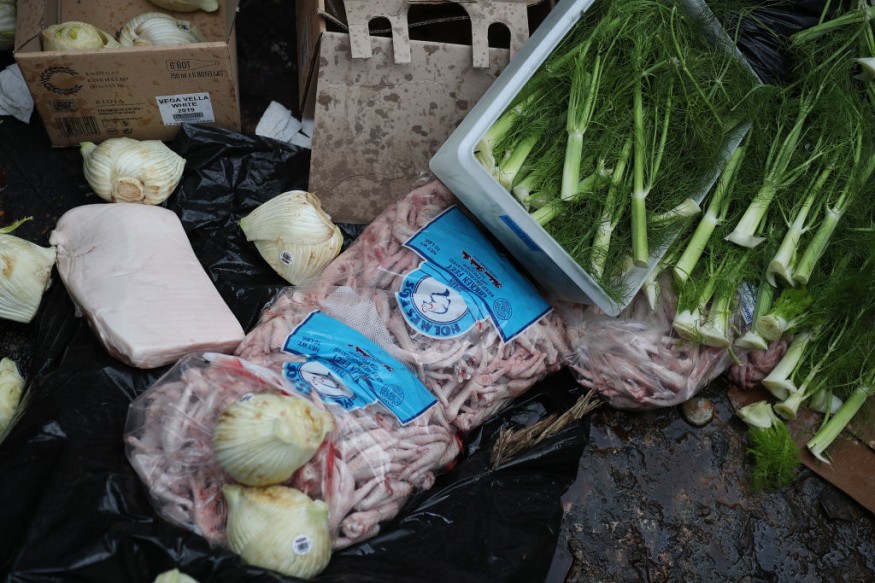The UN Environment Programme (UNEP) and partner organization WRAP released the Food Waste Index Report 2021, which found that 17% of all food is lost in households, restaurants, and stores.

Any food is also wasted on farms and in supply chains, implying that a third of the food produced is never consumed.
The study is the most detailed compilation, interpretation, and modeling of food waste data ever conducted, and it provides a tool for countries to reliably quantify depletion.
Although food waste was previously considered an issue mostly affecting wealthy countries, the study showed that waste levels were surprisingly similar in all countries. However, evidence in the poorest countries is sparse.
According to the report, households lose 11% of food at the supply chain's intake stage, while food facilities and retail outlets waste 5% and 2%, respectively.
According to the paper, this has a significant natural, social, and economic consequences, with unconsumed food accounting for eight to ten percent of global greenhouse gas emissions.
Related Article: Your Organic Meat Isn't Helping Environment; Here's Why
Food Waste Reduction and Greenhouse Gas Emissions
"Reducing food waste will minimize greenhouse gas emissions, delay the degradation of biodiversity due to land conversion and deforestation, increase food supply, and thereby reduce malnutrition while saving money during a global recession," Ms. Andersen said.
In 2019, hunger affected 690 million people, with three billion unable to afford a healthy diet.
How Covid Worsened Food Wasting

In light of this, and with COVID-19 threatening to worsen the situation, the study advises consumers to not waste food at home. It also pushes for food waste to be included in the Paris Agreement's Nationally Determined Contributions (NDC), which are plans in which countries commit to increasingly ambitious climate action.
Sustainable Development Goals
Meanwhile, the Sustainable Development Goals (SDGs) target 12.3 aims to cut global per-capita food waste in half at retail and consumer levels and reduce food losses in production and supply chains.
Ms. Andersen stated, "This year's UN Food Systems Summit will provide an opportunity to launch bold new actions to combat global food waste."
14 countries have collected household data that is compatible with the Food Waste Index, while another 38 use methods are similar to the SDG 12.3 compatible estimate.
While household breakdowns of edible and unpalatable food, such as shells and bones, are only available in a few high-income countries, there is a scarcity of data in lower-income countries, where proportions may be higher.
According to the report, closing this knowledge gap is critical.
In time for the next round of SDG 12.3 reporting in late 2022, UNEP will launch regional working groups to help countries improve their capacity to measure and record food waste. It will also help these countries develop national baselines to track progress toward the 2030 goal and develop food waste prevention strategies.
Food Systems Summit
The Food Systems Summit, which will be hosted by the UN Secretary-General in 2021, has as its ultimate aim to assist stakeholders in better understanding and managing the dynamic decisions that impact the future of food systems and promote progress toward Sustainable Development Goals (SDGs). The summit's preparatory mechanism, which will be structured around national, regional, and global participation, will allow stakeholders to create, test, and adapt frameworks and decision-making processes, as well as provide forums for the transformative collaborations and initiatives needed to catalyze meaningful commitments for action and investment toward more sustainable food systems.
ALSO READ: 'You'll Get Used to the Taste' Bill Gates Advises Eating Synthetic Meat to Protect Earth
For the latest news, don't forget to follow Nature World News!
© 2025 NatureWorldNews.com All rights reserved. Do not reproduce without permission.





